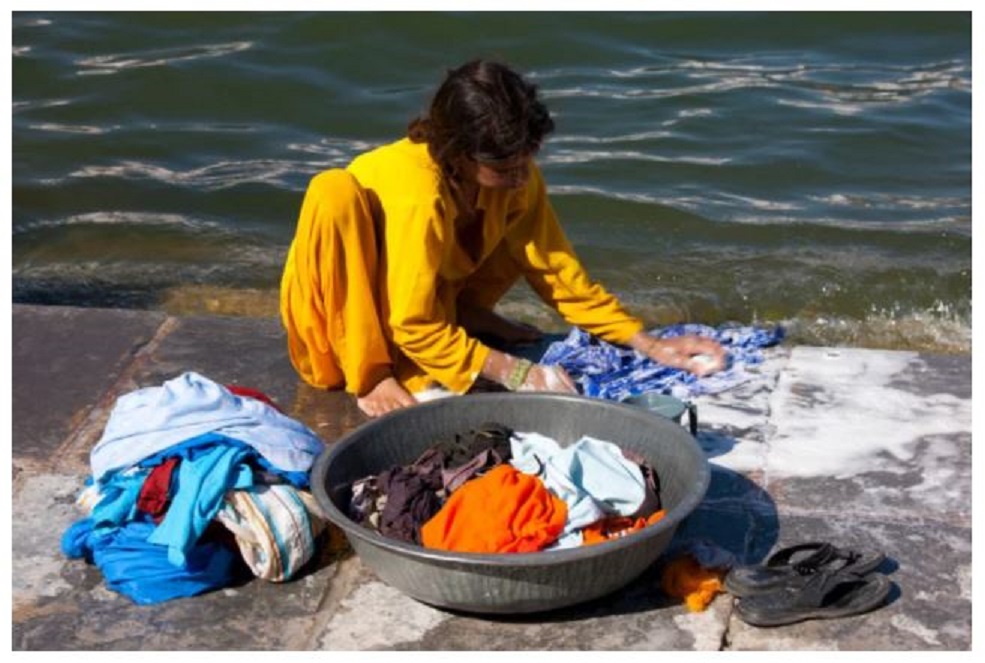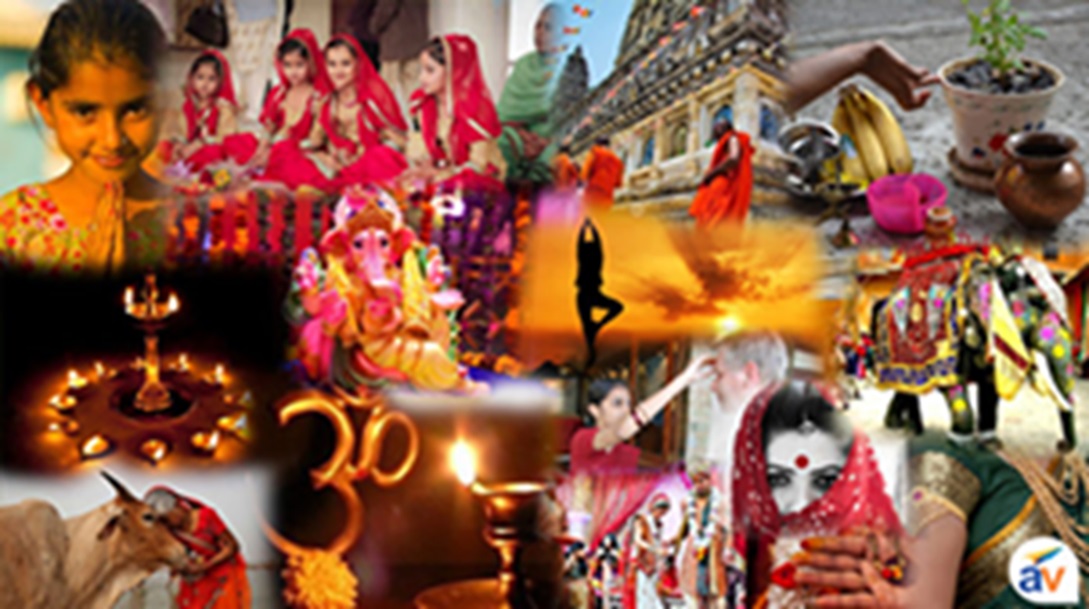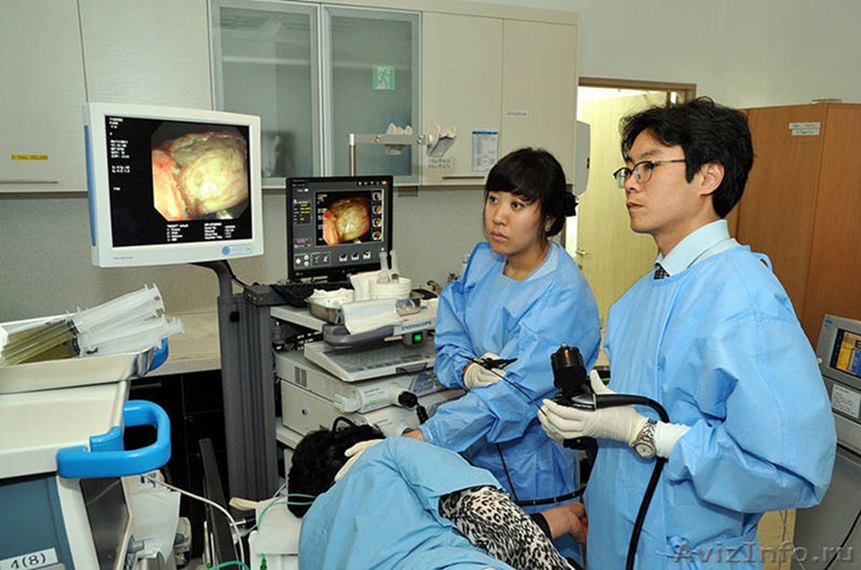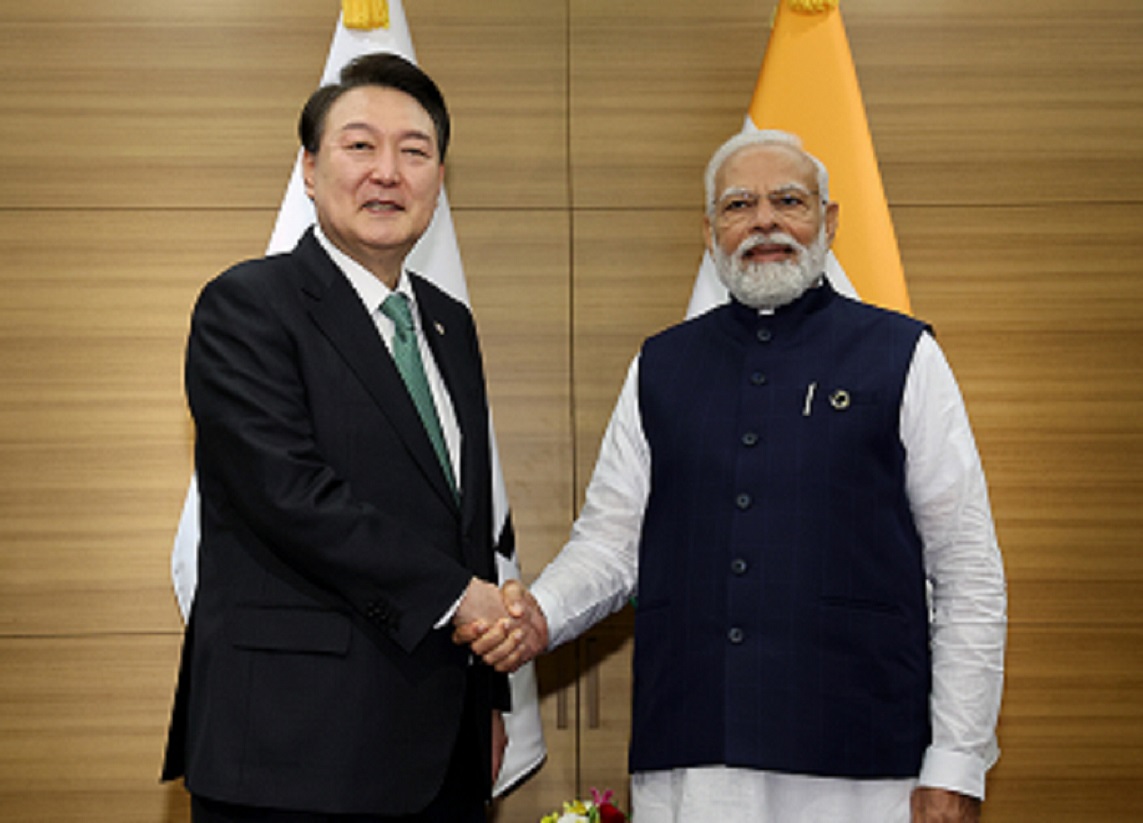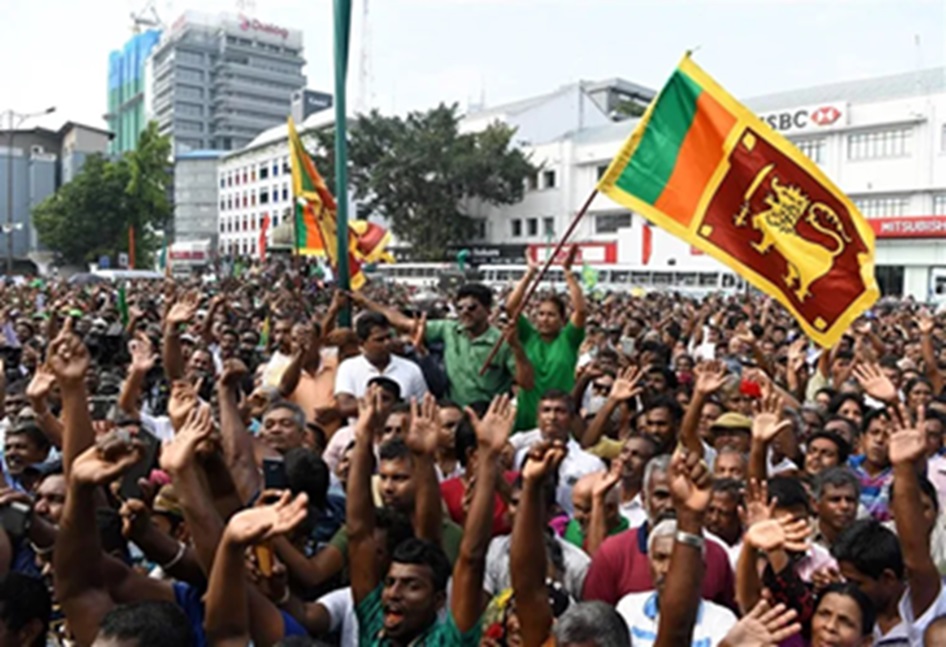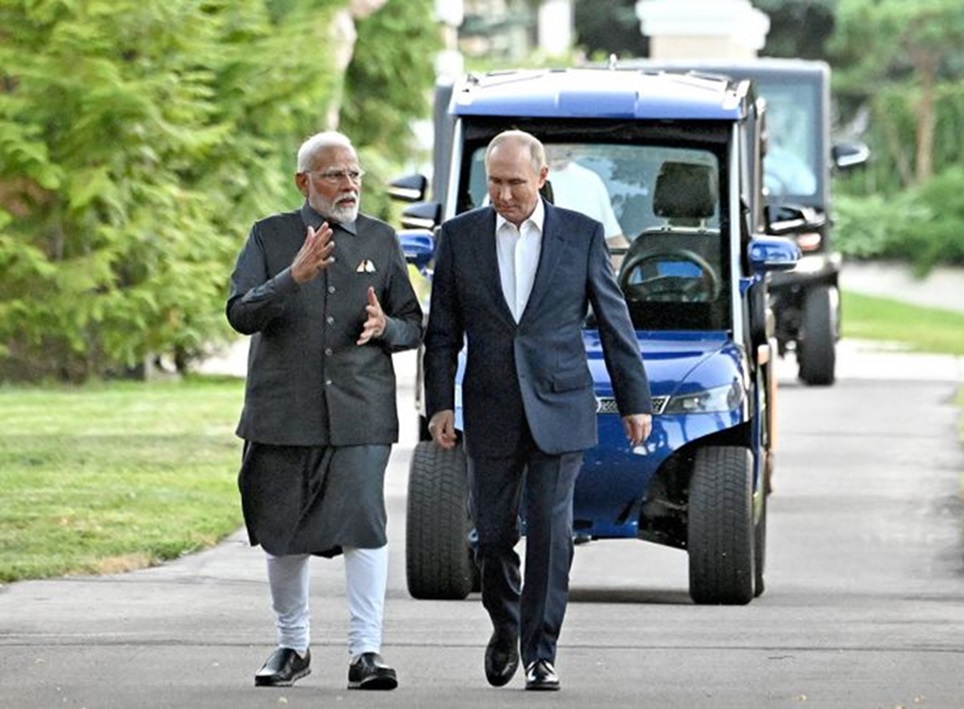The discrimination against females is different at various stages in her life on earth. It may have started in ancient times when women were left to look after children, hidden, for security inside caves while the men went out for gathering food. In the last 1000 years, frequent invasions in our subcontinent resulted in battles leading to plunder and rape of the females. Many were taken back by the invaders, others raped and killed. In this background, the patriarchal families married their daughters at a very young age. It did not give them a chance to get educated or learn skills. The young girls, married or widowed were dependent on the patriarchal family for survival. Lower caste females were/ are at a higher risk of discrimination and violence.
The above has led to a mindset of ‘Paraya Dhan‘ for the biological parent’s family. The girl child was, thus a liability in her parents home, till her marriage and an outsider who came as a domestic help to her in-law’s place.

Why was she considered a liability? As per the Society, a female was:
- Incapable of earning money.
- Incapable of carrying forward the family line.
- Unable to provide for her ageing parents after marriage.
- Playing a role in death rituals.
- Incapable of tilling the land or fighting in various family disputes.
In short, females needed males for their:
- Security
- Emotional needs
- Economical needs
- Producing children.
Discrimation at various stages of Life
- Before and During Birth.
- Sex determination and female foeticide, despite Prenatal sex Determination Act of 1994.
- Female infanticide.
- Female child abandoning.
- As a Child – The mortality of a female child is 1.5 to 2 times more than a male child.
- Poor nutrition.
- Inadequate treatment when sick.
- Lack of learning toys and games.
- Often chided for being a girl.
- Forced to help mother with petty jobs.
- Sent to school at a higher age than boys.
- Adolescence. This is the stage when they are most vulnerable. They are made to develop a mindset of being the weaker, inferior sex who need continuous protection. The following can happen:
- Withdrawal from school. Around 40% by age 15 years.
- Eve teasing.
- Abduction and rape.
- Acid attack.
- Honour killing.
- Child marriage.
- Trafficking and forced prostitution.
- At the Job. Be it at a brick kiln or in the Aircraft,
- Chances of getting a job are lesser as compared to males.
- Less pay for a similar job.
- Marriage, pregnancy or child-rearing may result in job loss or change of job to a lesser paid one.
- Chances of promotion are far and few.
- Sexual harassment at work.
- During and After Marriage.
- Dowry.
- Mutual agreement of wife terminating her job after marriage.
- Mental and physical harassment and bride burning/ abetting suicide.
- Made to do all household chores and look after ageing parents-in-law.
- Cannot look after her own parents even while sick.
- Finances controlled by a husband or father-in-law even if in the job.
- Fear of losing parental property due to heavy expenses on women’s marriage.
- Marital rape.
- As a Mother/ Widow.
- In this materialistic world, many older children look towards the breadwinner i.e. father in most cases for their financial and property needs.
- Widow’s property is often usurped by cunning relatives at the time of grief.
- Widows who fight for their rights in certain regions are declared ‘witches’ and ostracized.
- Many poor widows are abandoned or abetted to suicide. Religious places like Mathura are examples.

Crime rate against women in India_2012
In patriarchal societies, family decisions are usually made by males. Discrimination starts from them but many a time their spouses are equally involved in ensuring that the so-called, family traditions and values are followed. Harassment and violence increased during Lockdowns because of many reasons.
The sequel of this article will discuss existing government laws on all matters. The author will also highlight how the changes are occurring in our country, which inhibits discrimination to some extent.
Image courtesy: https://genkris.wordpress.com/2020/11/08
Disclaimer: The views and opinions expressed by the author do not necessarily reflect the views of the Government of India and Defence Research and Studies

